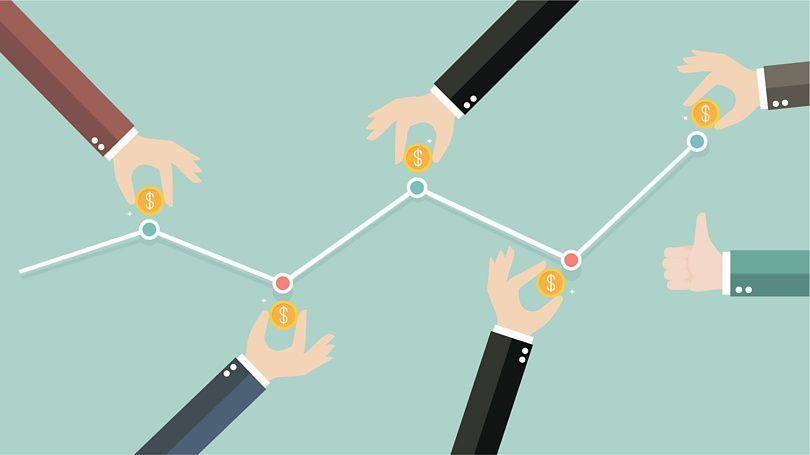Friends,
Hopefully, you know by now that we're huge fans of Nassim Taleb's concept of Antifragility. In case that's a new term for you, Taleb argues the world is usually broken down into two categories:
- The fragile: These are things that break easily when exposed to time, stress, chaos, and the unknown.
- The robust: These are things that are unchanged when exposed to time, stress, chaos, and the unknown.
But Taleb's assertion is that we miss a third -- crucial -- territory:
- The antifragile: These are things that grow stronger when exposed to (non-fatal doses of) time, stress, chaos, and the unknown.
If that definition seems odd, just think of our immune system. So long as we don't die from an infection, we create antibodies to prevent us from suffering the same infection in the future.
Or our muscles: lifting weights creates the stress of micro-tears that cause us to regrow stronger.
We have long believed that curiosity is the most antifragile trait an investor -- or human -- can have.
Think about it: the more you learn about a subject, the more questions pop up in your head, the more connections you make, the smarter you get.
As long as you get sufficient rest to consolidate your intellectual gains, you will continue to grow.
And we aren't alone in this belief. A recent report from McKinsey supports our thesis.
The three most important social and emotional traits (the blue dots) for the Age of AI are:
- Creativity
- Adaptability
- Teaching and training
If you make a Venn diagram of those traits, the overlapping parts could be labeled "curiosity."
It's easy to get scared of what the future of AI could bring. But we encourage you to temper that fear with a healthy dose of curiosity. It's entirely possible that the promise of tomorrow is far greater for those who are curious than anyone could imagine.
Wishing you investing success,
|
|
Brian Feroldi, Brian Stoffel, & Brian Withers
Long Term Mindset
|

